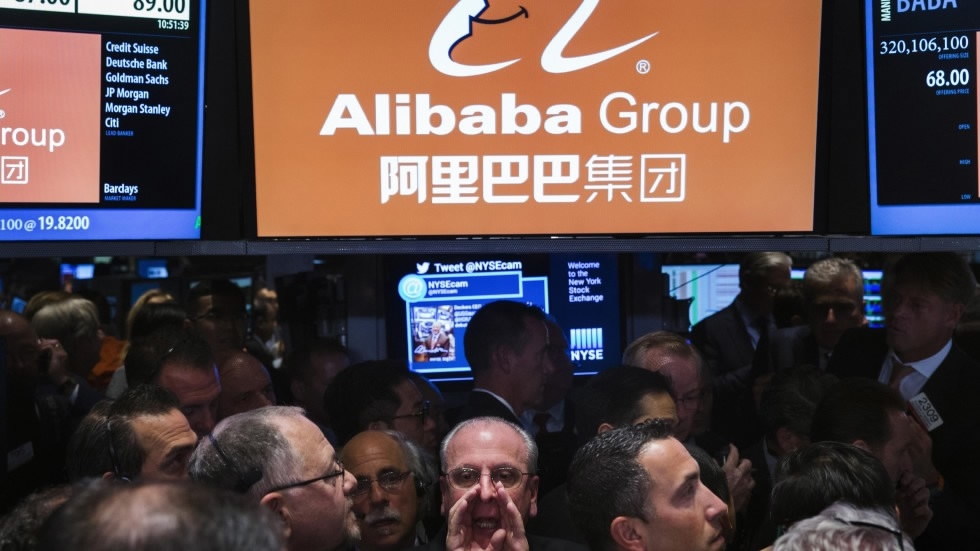
Business
22:45, 09-Mar-2018
China looks to bring offshore listed Unicorns back home
CGTN

China will create tools and make institutional arrangements for offshore listed Chinese unicorns to move back to the domestic A-share market, but will allow the companies to decide whether to return or not, said China’s securities chief Liu Shiyu on Friday.
“It’s a pity that domestic investors have not been able to share the fruits of China’s new economy. As China enters the new era, such pities shall no longer happen,” said Liu, chairman of China Securities Regulatory Commission (CSRC), on a regular press briefing.
China's superstar tech giants - Alibaba, Tencent, JD.com, and Baidu - are all locally cultivated but have been padding returns for investors outside of the country, as none of them is listed on the domestic stock market.
And they are not the minorities. The combined value of all Chinese companies listed overseas equals one-fifth of that of all listed shares in China’s Shanghai and Shenzhen Stock Exchange, according to Bloomberg’s estimation.
This is due to the stricter listing restrictions in China, for example, on the enterprises’ record of earnings, which is usually the largest barrier for younger companies seeking IPO.
China’s strict approval-based listing system, designed to guard against risks in the country immature capital market, seems outdated in the new era, with fast-growing startup companies have been flourishing in China, yet the A-share market is not inclusive enough to embrace them.
“The capital market should play a vital role in supporting innovative enterprises, otherwise it is unfavorable for the establishment of China’s financial system,” said Wang Jianjun, general manager of Shenzhen Stock Exchange.
“Chinese companies have started to lead the world in some innovative sectors, and if the support from the capital market is lagging behind, we may miss some precious timing,” Wang added.
According to Liu Shiyu, China’s capital market is entering a golden time for opportunities, and the central government and relative authorities have reached the consensus to serve the new economy.

SITEMAP
Copyright © 2018 CGTN. Beijing ICP prepared NO.16065310-3
Copyright © 2018 CGTN. Beijing ICP prepared NO.16065310-3